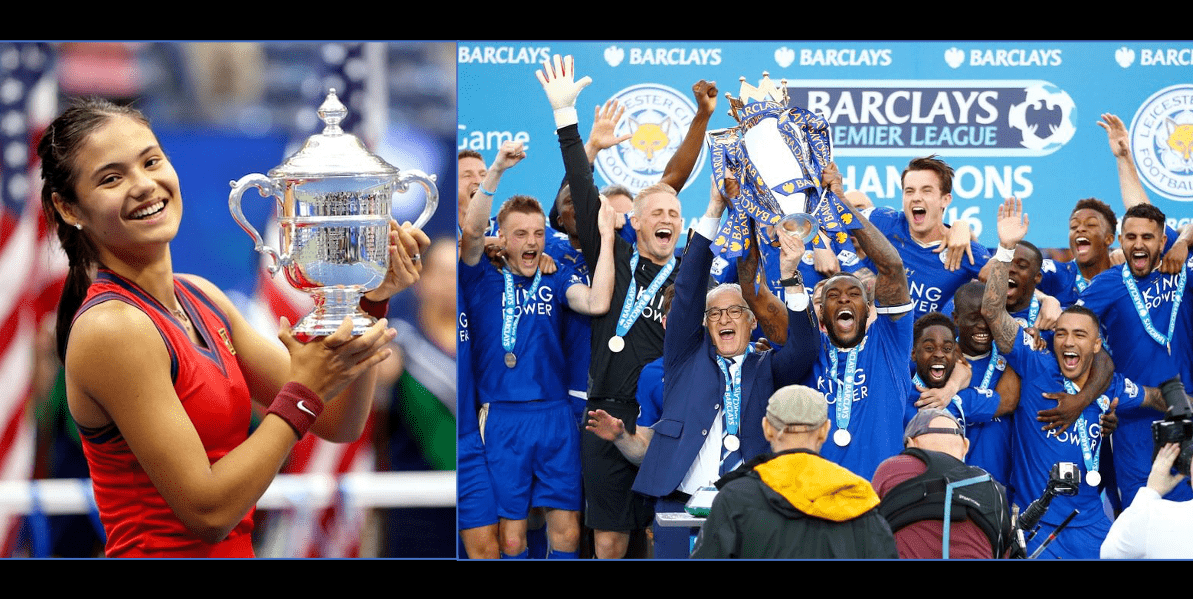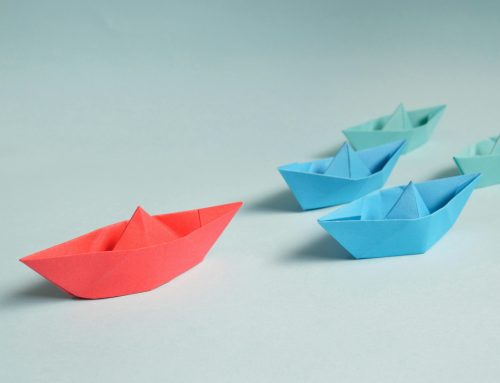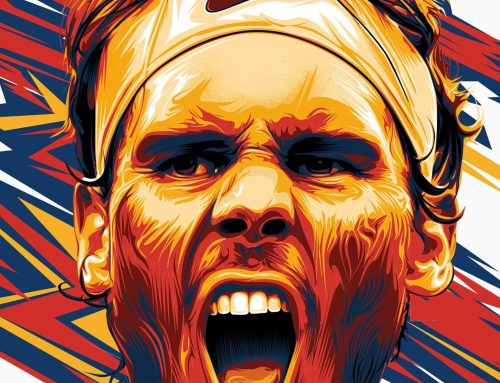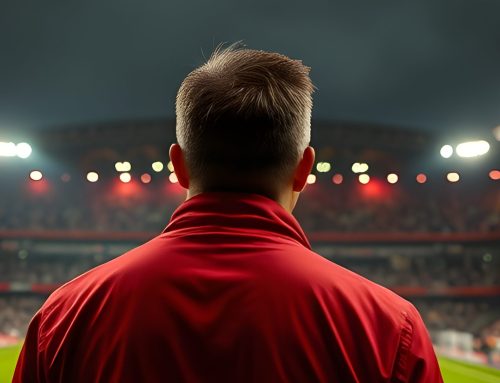Correct me if I’m wrong, but we all love a good underdog story.
Leicester, the 5000-1 outsiders, winning the Premier League in 2015/16. The inexperienced 1980 U.S. ice hockey team beating the ever-more experienced Soviet Union to Olympic gold. More recently, Emma Raducanu winning the 2021 US Tennis Open in only her second Grand Slam appearance at 18 years of age.
The thought of an upset occurring in any sport has the audience captivated and often leads to events leaking into mainstream media, reaching audiences who wouldn’t necessarily pay attention to the events of the sport. Take a look at THIS – who would have thought that Tom Hanks would be talking about Leicester City F.C. on the red carpet…
But why do we love upsets in the first place? What leads us to rooting so passionately for the underdog?
The psychology of the underdog…
Researchers have investigated the underdog phenomenon, and not just in sport. For example, one study investigated this in politics, specifically the 1980 Presidential election. Participants were told that either Ronald Reagan or Jimmy Carter were ahead in the polls. Those who were told that Carter led rooted for Reagan, and those who were told that Reagan led rooted for Carter.
Furthermore, another study saw students watch basketball matches. They were told that one of the teams they were watching had won their last 15 games between the two teams. The students consistently wanted to see an upset of the team they were told had won previously.
So, the evidence is there, but the reason why is less clear. Rather, some theories have been suggested to explain this phenomenon.
Theory Behind the Thinking
Theory 1: Everybody Wants a Just World…
No, not a bad take of the Tears for Fears song. A school of thought is that, ultimately, we just want the world to be fair.
It is a known fact that some teams and individuals in sport have the ability to invest money into winning, and some to no end. This money can be spent on developing infrastructure, better equipment, more experienced coaches, larger salaries for better player.
It is unfair to say that this is a reason to be rooted against. This may be as a result of proper management of finances, or hard-earned winnings from competitions that have been practiced for.
But sometimes this is from the result of the financial means of owners, who often invest in clubs who wouldn’t have necessarily have been in this position had they not been selected as the target of a financial takeover. As such, this theory is more prominent in some sports like football. Football fans can think of some clubs like this already…
In England, through competitions like the FA and League Cup, we often see these teams (with heavier financial firepower) play teams who don’t have to financial means to match them. Naturally, the smaller teams are always the ones that people want to see win. Even in matches where money isn’t talked about but rather league position, the effect still prevails.
It seems that something about the underdog identity is that we may feel that those with less means ‘deserve’ to win due to the uneven (metaphorical) playing field they find themselves playing on.
Theory 2: We Enjoy Watching Misfortune…
Have you ever watched a video where someone is scared half to death by their friend? Or caught yourself laughing at someone falling over with a tray of drinks in their hand? Don’t lie, I’m sure we all have (anyone remember the ‘Charlie bit me’ video?).
That is schadenfreude – the pleasure we get from experiencing the misfortune of others.
It has been suggested that the desire for the underdog to win is us expressing this. We get tired of seeing the same team win every year or individual winning every event. As such, we want to see someone else win at the expense of the favourite. Unless you’re a fan of the favourite of course…
Evidence to support this idea is mixed, but in one experiment I have previously mentioned, when participants were told the team expected to win spent more on its payroll, support for the underdog dramatically increased. This also demonstrates support for our previous theory of wanting all to have a fair chance.
Theory 3: Expecting the (Un)expected
Unexpected outcomes have greater emotional impact than expected outcomes.
Essentially, we feel elated when outcomes exceed the counterfactual (expected) alternative, and experience more pain from unexpected failures than ones we anticipate. This, in a nutshell, is Decision Affect Theory (for those who may be interested…).
How does this relate to underdogs?
Well, the underdog has more to gain from winning than the expected winner, and less to lose should they not.
Think of a cup final. The underdog has the chance of winning a trophy they wouldn’t have been expected to win, an amazing feat, but there is also less to lose if they don’t win as they weren’t expected to be in that situation, and even expected to lose by most.
This is opposed to the favourites, who are expected to win and will be seen as a failure if they don’t, à la 2013’s FA Cup final against Manchester City and Wigan. Wigan, who would go on to be relegated a week later, unexpectedly beat the overwhelming favourites Manchester City.
In a nutshell, you could say that we just simply don’t want to get our hopes up. Rather, we expect the favourites to win but hope, unexpectedly, the underdogs prevail.
Why we don’t root for the underdog?
Wanting an underdog to usurp a favourite isn’t a given, and something we don’t automatically resort to. Research has found that we tend to forget about the underdog when supporting the underdog is against our own interests. In essence, we tend to forget about this when we have something to lose.
When the team/individual that we support is faced against an underdog, we prioritise our team. Naturally, we don’t want to see them lose! While we tend to seek upsets of other teams, we do not want to see them come at the expense of the ones we support.
Away from sport, we tend to move away from supporting the underdog in areas which impact us financially, or in terms of our health. For example, we may be opposed to the building of a new shop which would compete with smaller, independent shops where we live. Yet, once the new shop offers the same products at a cheaper price, we may end up shopping there to save us money.
Final thoughts
I’m sure that we can all say that we have found ourselves wanting to see an underdog prevail, whether this is in sport or another walk of life. I know that I have!
I’m also sure that we can name an underdog story which has captivated us in some way. Every year there is a plethora of films released surrounding the underdog story, and our fascination with the underdog will meant that this won’t change any time soon.
Whether we support the underdog because we want to see a fairy tale ending, or we like seeing the established team fail, there is no doubt that we love to see an underdog prevail.
Think about that the next time that you go to watch Forrest Gump….





Leave A Comment